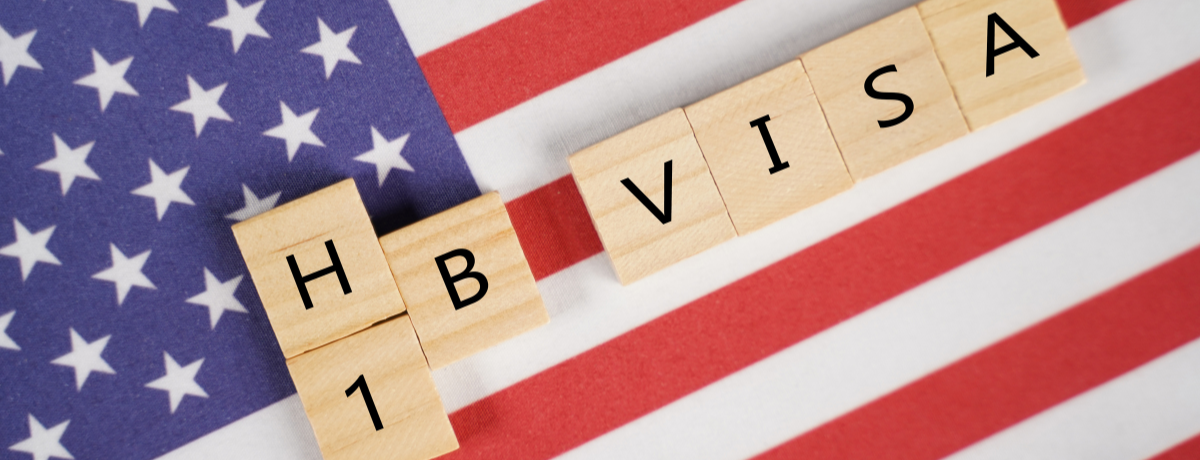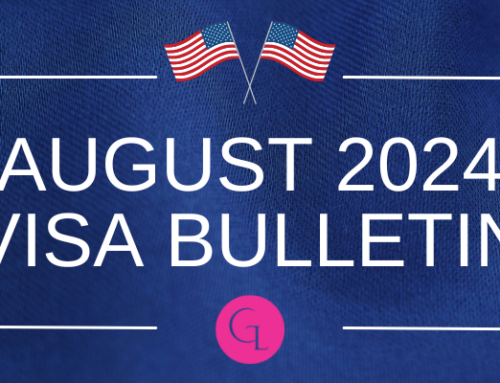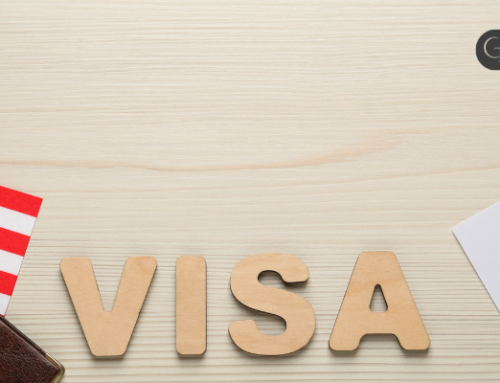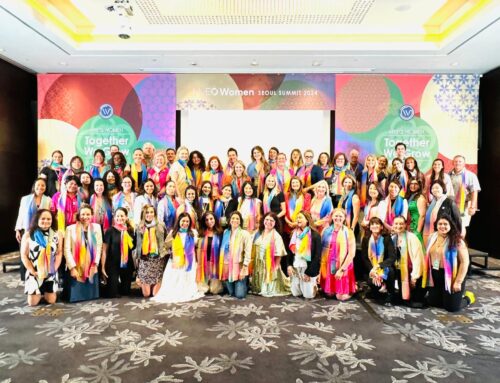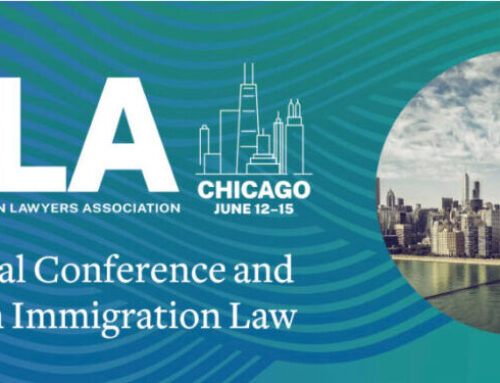On October 23, 2023, the U.S. Department of Homeland Security (DHS) unveiled a Notice of Proposed Rulemaking (NPRM) with significant amendments to the H-1B visa program, designed to modernize the program, enhance flexibility, and strengthen integrity measures. This article provides a comprehensive overview of the key provisions and their potential impact.
Modernization and Efficiency
Specialty Occupation Definition
The NPRM aims to refine the definition of a “specialty occupation” by specifying that required degree fields must directly relate to the job’s duties. It clarifies that general degrees like Business Administration or Liberal Arts are insufficient unless accompanied by additional specialization. Additionally, multiple degree fields are acceptable if each aligns with the position’s requirements.
Amended Petitions
To align with current practice, the NPRM requires filing an amended petition when a change in worksite necessitates a new Labor Condition Application (LCA). However, exceptions are made for employee development activities, jobs with varying locations, or “peripatetic” roles.
Deference
The NPRM confirms USCIS’s practice of deferring to prior determinations when the same parties and facts are involved. However, this deference is not required in cases of material errors, changes in circumstances, or new adverse information.
Evidence of Maintenance of Status
Applicants seeking amendments or extensions must provide evidence of prior nonimmigrant status maintenance. The NPRM lists acceptable evidence examples.
Elimination of Itinerary Requirement
The NPRM proposes to eliminate the itinerary requirements for H-1B petitions.
Validity Expirations
If an H-1B petition remains approvable after the initially requested validity period, USCIS may issue a Request for Evidence (RFE) to update employment dates and Labor Condition Application (LCA) even if the LCA was certified after the petition filing.
Benefits and Flexibilities
H-1B Cap Exemptions
The NPRM aims to simplify and provide flexibility in cap-exempt H-1B petitions. It clarifies that H-1B workers may be cap-exempt if they spend at least half their time working for a qualifying organization. The NPRM also revises the definitions of “nonprofit research organization” and “governmental research organization” to enhance their eligibility for cap exemption.
Cap-Gap Extension
To address adjudication delays, the NPRM proposes an automatic extension of stay and post-completion Optional Practical Training (OPT) until April 1 of the relevant fiscal year or the approved H-1B start date, whichever is earlier.
Start Date Flexibility
The NPRM introduces the flexibility of requesting an H-1B petition start date of October 1 or later, provided it doesn’t exceed 6 months beyond the filing date.
Program Integrity
H-1B Registration
The NPRM proposes selecting registrations based on each beneficiary rather than registration entries. This change aims to enhance fairness and transparency. It also extends the bar on filing multiple H-1B cap-subject petitions for the same beneficiary by related entities to H-1B registrations.
Bona Fide Job Offer
The NPRM strengthens USCIS’s authority to request contracts and supporting evidence for work availability and minimum educational requirements. It also revises the definition of a “U.S. employer” and emphasizes a bona fide job offer.
Site Visits
USCIS gains authority to conduct site visits and mandates full cooperation from employers and third-party contractors. Non-cooperation could lead to H-1B visa denial or revocation.
Third-Party Placement
For H-1B workers placed by a third party, USCIS will consider the third party’s requirements for the position, not just the petitioner’s requirements.
Next Steps
Following the 60-day public comment period, DHS may finalize these provisions through one or more final rules. The agency has already initiated work on the H-1B electronic registration tool for the new selection process. These changes could be implemented for the FY 2025 cap season, focusing on the unique beneficiary-centric registration selection process.
About the Author
Elizabeth Garvish
Elizabeth L.A. Garvish founded Garvish Immigration Law Group, LLC in 2011 after practicing immigration law in small boutique firms, big law and nonprofits. Elizabeth is a frequent speaker and presenter on entrepreneurship and U.S. immigration topics around the world. She is an active member of the American Immigration Lawyers Association (AILA) and serves on various national committees and is the Past Chair of the Georgia-Alabama Chapter of AILA. Elizabeth is also a certified member of the EO Global Speakers Academy.

